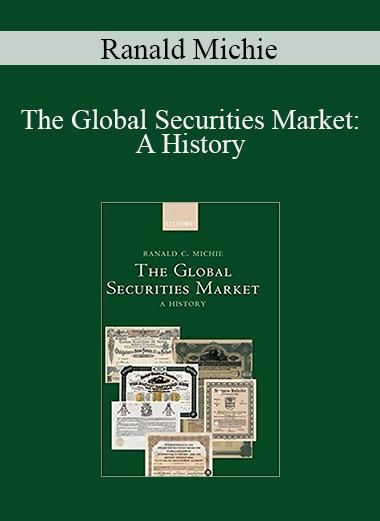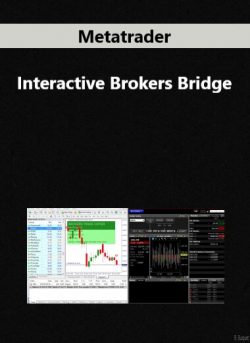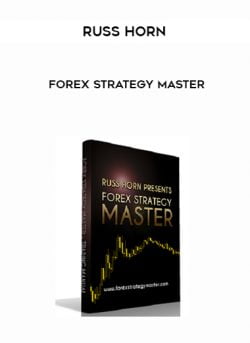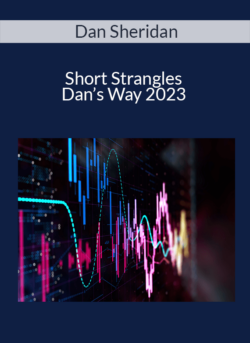Ranald Michie – The Global Securities Market: A History
Original price was: $110.00.$34.00Current price is: $34.00.
Product Delivery – You will receive Content Access Via Email.
Email – [email protected]
Description
The Global Securities Market: A History
This book presents a history of the global securities market. It is the product of over thirty years of research. It covers many aspects of the history of the securities markets from its beginnings in Medieval Venice through Amsterdam and London to its operations in Tokyo and New York today. It integrates the history of both stocks and bonds, established and emerging markets, stock exchanges and over-the-counter trading, and the crises and continuity that have made the global securities market such a force in the world over the centuries.
Contents:
1 Origins, Trends, and Reversals: 1100–1720
This chapter discusses the origins of the global securities market. The origins of the modern global securities market lie in medieval Italy, where in the city states of Venice, Genoa, and Florence new financial arrangements emerged out of a growing trade between East and West. Early modern advances and the first speculative bubble are described. It is argued that the most remarkable thing about the early development of the securities market is the role played by governments and their need for finance due to the turbulent nature of the economics of medieval and early modern Europe. Through the creation of transferable long-term debt upon which interest was paid, governments could access funds that would, in all probability, otherwise lie idle.
2 Advances and Setbacks: 1720–1815
This chapter discusses developments in the global securities market during the 18th century outlining progress made and the impact of revolution and war between 1789 and 1815. It is argued that the turmoil and disruption introduced by the French Revolution in 1789 had both negative and positive consequences for the global securities market. The negative outcome was easy to see in terms of the eclipse of Amsterdam as the premier financial centre and the collapse of the international market due to of widespread defaults. The positive outcome of the period of war and revolution between 1789 and 1815 was the establishment of the London Stock Exchange in 1801 as a closed market, with control over entry and the power to enforce rules of orderly behaviour. This produced a model that was then copied by other securities markets during the years after 1815
3 New Beginnings and New Developments: 1815–50
This chapter discusses developments in the global securities market between the end of the Napoleonic wars in 1815 and the middle of the 19th century. Most of the developments in the global securities market were isolated responses to local conditions, though they often shared common characteristics in terms of timing and the nature of the securities traded. The mid-1840s witnessed a number of speculative booms around the world in which corporate securities, especially railways, were very much at the fore. However, unlike previous booms, a degree of market integration was possible in the 1840s because of a transformation in the world-wide system of communication. Although the railway was important in providing faster transport, the greatest influence on the operation of the securities market was the development of the telegraph.
4 Exchanges and Networks: 1850–1900
This chapter discusses developments in the global securities market between the end of the Napoleonic wars in 1815 and the middle of the 19th century. Most of the developments in the global securities market were isolated responses to local conditions, though they often shared common characteristics in terms of timing and the nature of the securities traded. The mid-1840s witnessed a number of speculative booms around the world in which corporate securities, especially railways, were very much at the fore. However, unlike previous booms, a degree of market integration was possible in the 1840s because of a transformation in the world-wide system of communication. Although the railway was important in providing faster transport, the greatest influence on the operation of the securities market was the development of the telegraph.
5 The Triumph of the Market: 1900–14
This chapter discusses developments in the global securities market from 1900 to the onset of the First World War. By 1914, securities markets played a key role in the financial systems of the most advanced world economies and had established a niche position within the less developed countries. Though far from being the universal means through which government and business raised funds or people employed their savings, securities had achieved a high level of penetration by the most sophisticated borrowers and investors. Internationally, securities markets were instrumental in the worldwide movement of funds that provided finance for major infrastructure projects and development of the earth’s minerals and oil.
6 Crisis, Crash, and Control: 1914–39
This chapter discusses developments in the global securities market between the two world wars. Topics covered include the securities markets during the First World War, the impact of the First World War on global securities markets, the 1920s, the Wall Street Crash, and securities markets and national governments during the 1930s.
7 Suppression, Regulation, and Evasion: 1939–70
This chapter discusses developments in the global securities market from the onset of the Second World War to 1970. Topics covered include the impact of the Second World War, the US securities market at the end of the war, securities markets outside the US, and the international securities market. It is argued that by the end of the Second World War, securities markets had become marginal appendages within financial systems, with pride of place being given to the actions of governments and banks. Government intervention was seen as the solution to all types of economic problems, whether it was a domestic shortage of finance or the stability of the international monetary system.
8 A Transatlantic Revolution: 1970–90
This chapter discusses developments in the global securities market from 1970 to 1990. It shows that growth and development in the global securities market in the 1970s and 1980s were marked by two major turning points: the abolition of fixed commissions on the New York Stock Exchange in May 1975, which put pressure on stock exchanges in the US and around the world; and the Big Bang in London in October 1986, which not only transformed the British securities market but also intensified the pressure for change which had already been experienced by other stock exchanges, especially in Europe. By 1990, the effects of these twin developments were visible worldwide. The securities markets re-emerged as essential components of national financial systems whilst the global securities market once again became a key element in the financial flows that brought stability to the international monetary system.
9 A Worldwide Revolution: Securities Markets From 1990–1
This chapter discusses developments in the global securities markets in the late 20th century. It is shown that the securities markets once again became essential components of each national financial system and provided a key element in the financial flows that redistributed savings around the world, bringing stability to the international monetary system. By 2005, a new global securities market was in full operation, which involved a degree of integration and interaction never before seen. This was the result of a culmination of technological and organizational advances during the 20th century. The securities markets had also overcome the governmental and institutional barriers that had previously restricted its development.
Conclusion
This concluding chapter presents a summation of the topics discussed in the preceding chapters. It discusses the six distinct periods in the history of the global securities market. It then considers advances and reversals in the development of the global securities market, and the inherent conflicts in interest in the more sophisticated securities markets.
Get download Ranald Michie – The Global Securities Market: A History at Forimc.com right now!
Delivery Method
– After your purchase, you’ll see a View your orders link which goes to the Downloads page. Here, you can download all the files associated with your order.
– Downloads are available once your payment is confirmed, we’ll also send you a download notification email separate from any transaction notification emails you receive from imcourse.net.
– Since it is a digital copy, our suggestion is to download and save it to your hard drive. In case the link is broken for any reason, please contact us and we will resend the new download link.
– If you cannot find the download link, please don’t worry about that. We will update and notify you as soon as possible at 8:00 AM – 8:00 PM (UTC+8).
Thank You For Shopping With Us!













Amanda Rivera (verified owner) –
The examples provided were very helpful in understanding the concepts.
Paul (verified owner) –
The content was high-quality and well-organized.
Brittany Price (verified owner) –
I appreciated the real-world applications included in the course.
Brandon Foster (verified owner) –
The content was high-quality and easy to understand.
Amanda Martinez (verified owner) –
The course exceeded my expectations. Very comprehensive.
Amy Cooper (verified owner) –
I enjoyed the interactive elements of the course.